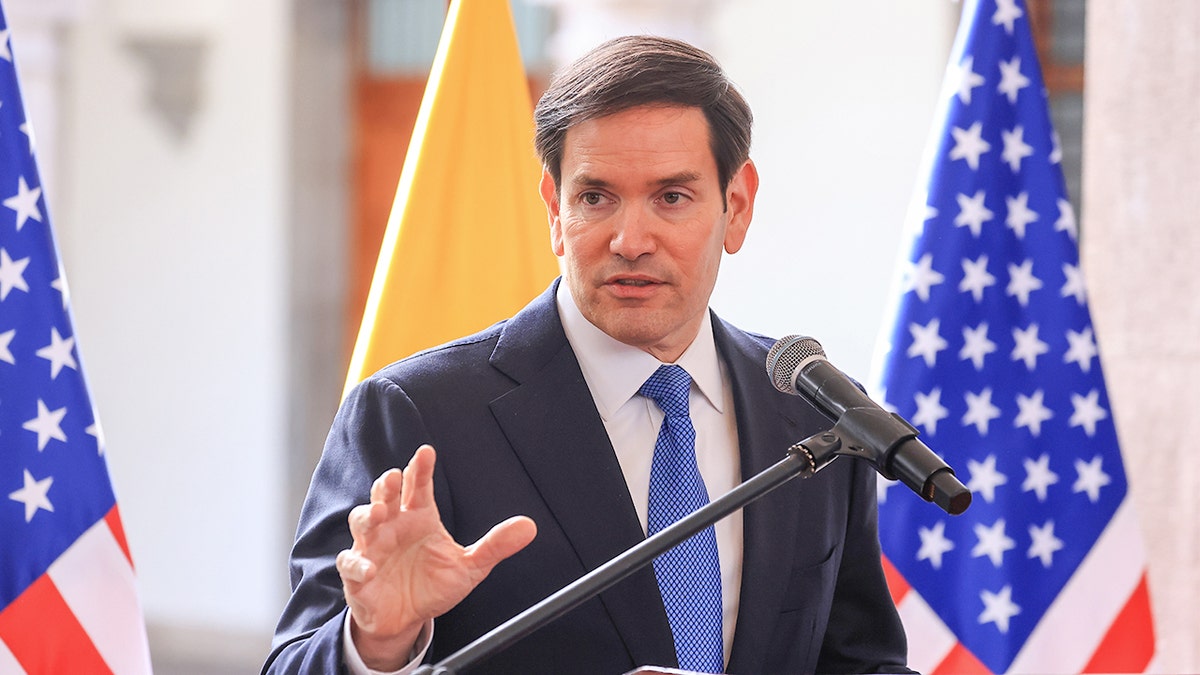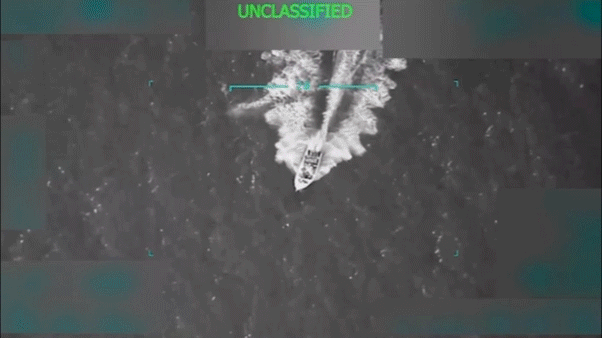Rubio says Trump seeks to 'wage war' on Venezuelan narco‑terrorists, announces FTO designations
U.S. official in Ecuador declares Los Choneros and Los Lobos foreign terrorist organizations and pledges support to Quito amid regional cartel crackdown
U.S. Secretary of State Marco Rubio said the Biden administration — speaking for President Donald Trump — intends to "wage war" on Venezuelan drug traffickers it characterizes as narco‑terrorists, announcing new designations and offering support to Ecuador during a visit to Quito on Sept. 4, 2025.
Rubio described the groups targeted as more than drug traffickers, saying they "terrorize the countries they operate in," and said the United States was prepared to assist Ecuador in its efforts to counter the organizations. He also said the U.S. sought to expand a "vibrant economic relationship" with the South American nation alongside security cooperation.

Rubio announced the designation of two groups, Los Choneros and Los Lobos, as foreign terrorist organizations. The move expands U.S. legal authorities to target the groups' leadership, finances and networks abroad, and signals an intensified policy posture aimed at cartel structures that Washington says provide sanctuary and logistics for illicit trafficking.
The remarks came amid a recent U.S. strike on a cartel-linked vessel off Venezuela, an action the administration framed as a message to Venezuelan authorities that there would be "no sanctuary" for drug‑trafficking networks operating from that country. U.S. officials have argued that some criminal organizations operating in and around Venezuela have evolved into armed, territorially rooted groups that commit violence against civilians and state actors.
In Quito, Rubio held a joint news conference with Ecuador's foreign minister and emphasized that bilateral ties would not be limited to security cooperation. He reiterated a U.S. interest in broadening trade and investment links with Ecuador while coordinating on counter‑drug operations and law‑enforcement assistance.
Ecuador has faced stepped‑up pressure from transnational criminal organizations in recent years, with authorities confronting violence, extortion and trafficking routes that traverse the country. The U.S. designations and stated willingness to provide support aim to bolster regional efforts to disrupt cartel finances and operations, officials said.
Analysts caution that designating criminal organizations as terrorist entities can complicate diplomacy and regional security dynamics, affecting how states engage with groups that are simultaneously criminal enterprises and armed actors. Such designations can broaden sanctions tools and create new legal avenues for prosecution and asset seizures, but they also risk raising tensions with governments accused of harboring or tolerating those groups.
Rubio's comments and the designations underscore a hardening U.S. approach toward criminal networks in Latin America, linking counter‑narcotics strategy with counterterrorism authorities. The administration has argued that dismantling transnational trafficking organizations requires combining law enforcement, financial measures and cooperation with regional partners.
Observers said the immediate operational impact of the designations will depend on follow‑through: the extent of intelligence sharing, targeted law enforcement actions, banking and sanctions measures, and support for countries such as Ecuador that are on the front lines of trafficking routes.

Rubio framed the policy as a response to the evolving threat posed by groups that blend organized crime with paramilitary tactics. He said the United States would use the designations and other tools to hold leaders accountable and to impede the flow of drugs and weapons that fuel violence across the region. The administration did not provide a detailed timeline for additional designations or operations during the Quito appearance.